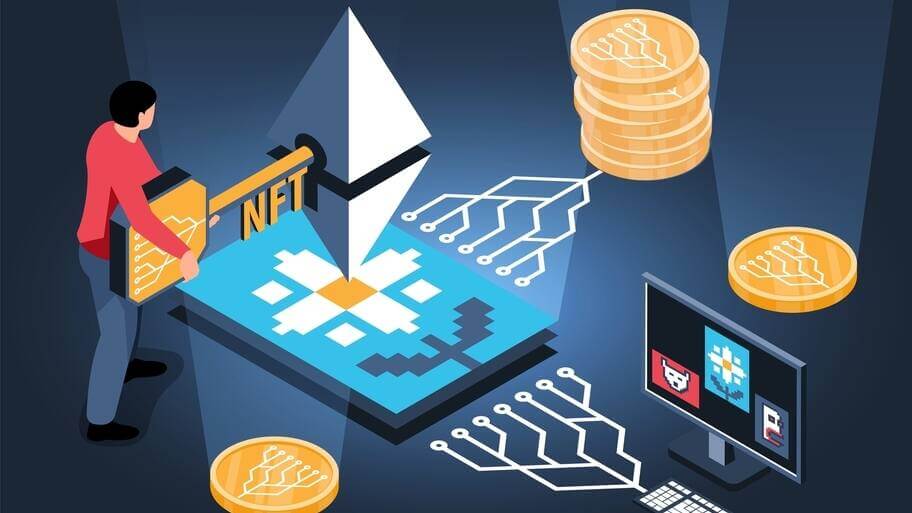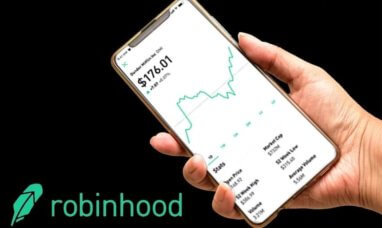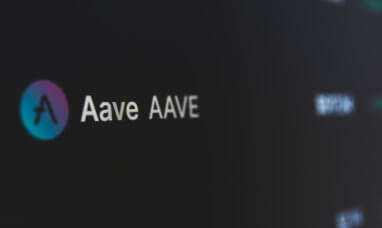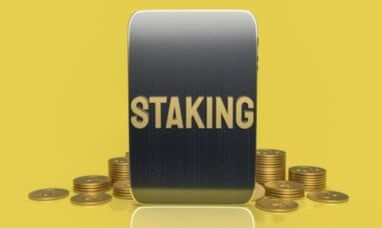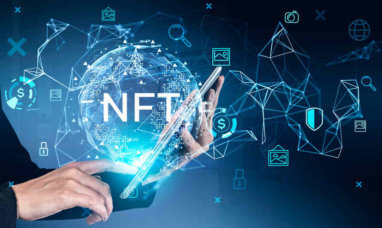While the days of stuffing binders with sleeve after sleeve of your precious trading cards aren’t quite over, they are surely coming to an end. People are increasingly resorting to digital trading cards as a form of entertainment and an investment.
Non-fungible tokens have exploded in popularity. They have transformed many markets, with the advent of art tokenization, the NFT music marketplace, and NFT gaming. The trading card industry is now entering the NFT space and seeing unprecedented expansion, the likes of which have not been seen since the launch of Pokemon cards. Collectors are using the seemingly limitless blockchain technology to claim ownership of rare and valuable cards as an investment. But is this sudden surge in interest exaggerated, and will the boom burst soon?
What Are NFT Trading Cards?
NFT trading cards are digital representations of underlying tangible assets—trading cards. In other words, they are virtual tokens that represent ownership of real-world cards like Hockey trading cards. Because the tokens are encoded on the blockchain, they can act as public proof of ownership over a card. NFTs give trading cards staying-power as they will continue to exist on the blockchain for as long as the latter is still in operation, even if the physical version is lost or destroyed.
An NFT card is generated on a blockchain, most commonly Ethereum. Anyone can build a virtual version of a trading card by tokenizing it on smart contract blockchains. These tokens are non-fungible and include information about the card, including its picture. Despite the fact that these cards are less tactile than the real thing, there is no doubt about who owns them. Though the owner does not have a physical card, their NFT serves as a deed to that card.
Once you own an NFT trading card, you can save it, read it, and, yes, trade it. To trade these NFTs, you must use a wallet that is NFT-compatible and transfer ownership of the NFT through a smart contract on the blockchain. There are a plethora of sites where anyone can design, purchase, and sell NFT products, like Binance Nft Marketplace, OpenSea, and Hoard.
Are NFTs Valuable?
NFTs have risen in popularity in recent months, with artists, singers, athletes, and even business people making millions selling them. NFTs are valuable because they are non-fungible, or unique, which creates scarcity. That’s why Christie’s was able to sell digital artist Beeple’s “Everydays” NFT for an eye-popping $68 million in March. Similarly, Jack Dorsey received $2.9 million for his first tweet. The list goes on and on, and we have yet to witness the NFT-based collectibles market implode when the anticipation surrounding it dies down.
NFTs may be considered a bubble due their explosive development, fragile and volatile nature, and dependence on public trust and belief in their worth. But, NFTs are far more dynamic than the more straightforward world of cryptocurrency. The art world bears the hallmarks of the boom. Images ranging from memes to Michelangelo and Titian artworks have been coined as NFTs and sold for ridiculous rates. Moreover, NFTs have created an innovative method for contemporary artists, such as digital sketch artist Beeple, to market their items to individual consumers.
However, the proliferation of NFTs in various fields has not been without its share of criticism and disadvantages. Apart from the environmental damage, skeptics are alarmed by the exorbitant prices which still leave artists with little to no profit. NFTs from a number of celebrities have depreciated in recent weeks, resulting in losses for buyers. Additionally, the NFT art industry has fraud and security problems. NFTs are still relatively new in the professional art world and have a long way to go.
The NFT Trading Card Boom
The trading card industry has gone digital, with hundreds of thousands of dollars now being paid for athletic highlights through the use of blockchain technology. A slam-dunk by LeBron James fetched a stunning $519,122. The buyer did not receive the ball, shirt, or shoes worn by the basketball icon at the time, but rather a digital token associated with the occasion. Similarly, a Wayne Gretzky sports memorabilia card sold for $3.75 million recently. Mike Trout’s rookie card from Bowman Chrome’s 2009 Draft Prospects Superfractor set sold for $3.93 million.
Top athletes, not wanting to be left out, entered the craze as well. The likes of NFL stars Patrick Mahomes and Rob Gronkowski, golfer Bryson DeChambeau, and WNBA star Renee Montgomery all created their collections to commemorate memorable moments from their respective careers. Tom Brady has even stated that he will be investing in developing an entirely new NFT platform, Autograph. With the sale of 3,000 NFTs, including Pokemon cards, YouTube star Logan Paul has also joined the NFT craze and earned more than $5 million from the venture.
Even though artists, celebrities, and major sports organizations are continuing to participate in the NFT trading card craze as a means of reaching new audiences, many believe that NFTs are only beginning to demonstrate their true potential. However, others are of the opinion that the NFT craze is simply a bubble waiting to burst.
Has the NFT Boom Busted?
Concerns have been raised about a return of the speculative crypto frenzy due to the rise in the price of these virtual items. Some investors have compared it to the initial coin offering (ICO) boom that occurred in 2017, during which many start-ups released new digital tokens to raise money. Today, hardly any ICO companies remain, and some have even cheated investors out of millions of dollars.
Indeed, there are certain obstacles related to NFT trading cards. For instance, the first lawsuit arguing that NFT cards are unregistered securities was just filed. It must be noted that the NFT market has cooled after booming earlier this year.
However, this does not imply that digital collectibles are gone. On the contrary, flash trends are ingrained in the culture, and in the year 2021 alone, we saw the birth and fall of many meme coins and altcoins with limited use cases. While the reality is sometimes more convoluted than reactive news headlines suggest, watchers of the trading card and collectibles industry would attest that the boom we’ve seen over the last 18 months is far from a joke concocted by r/wallstreetbets.
But, after hitting a fever pitch in mid-February, sales of non-fungible token collectibles have fallen precipitously. As a result, a chorus of market watchers has raised an unsettling question:
Has the NFT boom busted?
The short answer, luckily, is no.
Typically, it is unsurprising when financial bubbles implode. As with the ephemeral and delicate liquid bubbles we are accustomed to, financial bubbles can grow rapidly, sometimes to enormous dimensions. Then, despite their allegedly solid underpinnings and the seemingly unwavering confidence of purchasers eager to invest millions, they ultimately bust.
But rather than delving into the possible difficulties faced by NFT owners, sellers, and producers, let us consider the existing crypto scene. NFTs are the most adaptable and dynamic type of cryptocurrency. Whereas Bitcoin and Ethereum have been dogged by insecurity and skepticism, NFTs provide a kind of cryptocurrency that is related to more real concepts of value, such as artwork. Because NFTs are digital certificates of authenticity, possessing one equates to possessing a legitimate work of digital art. Their non-fungibility can enable the NFT to have a more secure value than cryptocurrencies, which are often veiled in the mysterious and twisting reels of blockchain and whose value is determined by Elon Musk’s tweets.
For now, digital collectibles may continue to go through the bull market and bear cycles in the crypto market. Taking a broad view of the collectible industry, particularly trading cards, allows us to envision a long-term, sustainable future for non-fungible tokens.
Final Take
As non-fungible token use cases continue to expand, new opportunities for creators and collectors continue to emerge. We may be able to do a lot more with our NFTs in the future, such as utilize them for lending, payments, staking, and authentication, among other things.
While the crypto market has been incredibly profitable for many, it is also extremely volatile. Any investments made in NFTs should be done with caution as these markets tend towards unpredictability.
Featured Image: Megapixl
